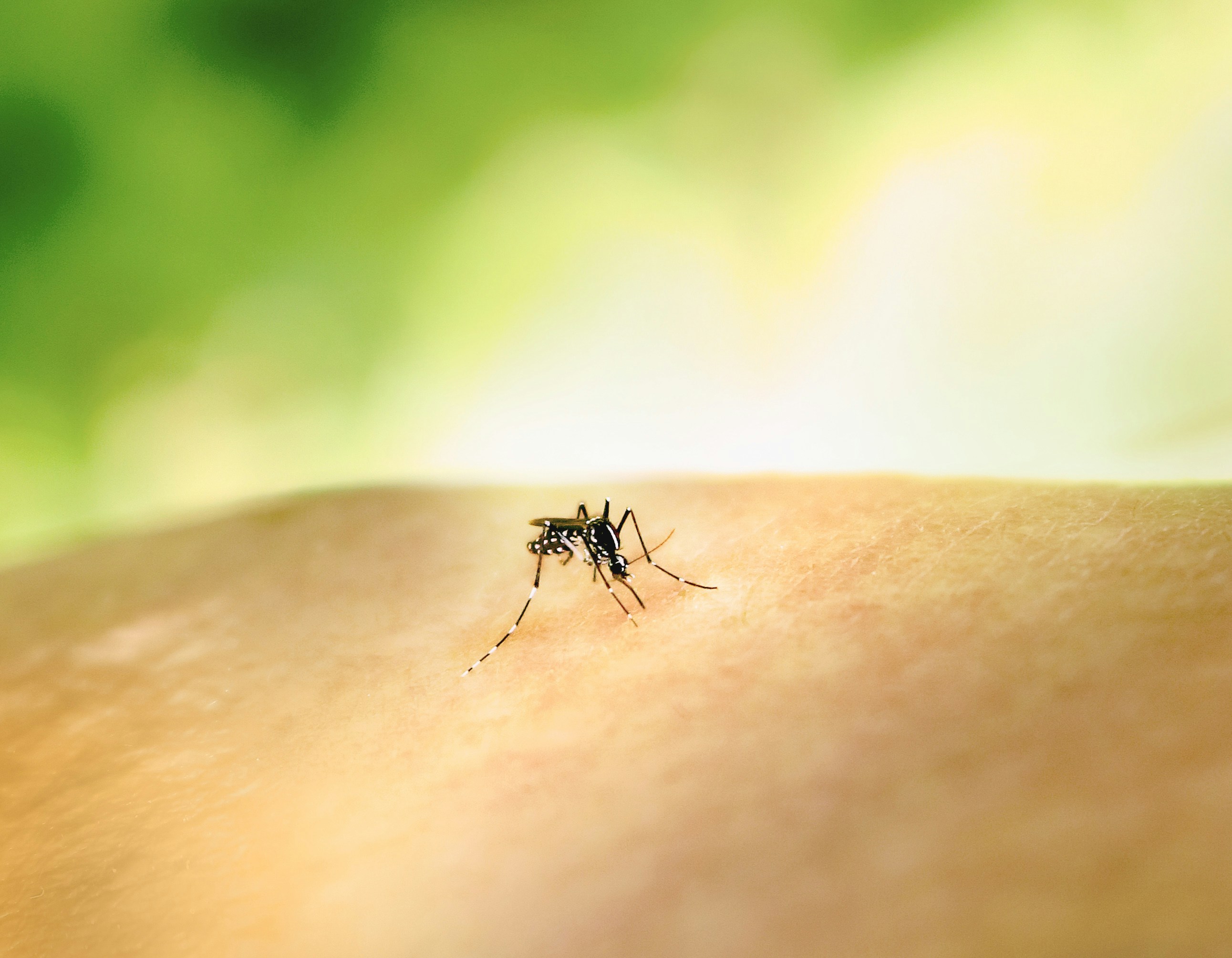
Oh god! ‘Sloth virus’ has arrived in the UK, but here’s why you don’t need to panic
Here’s hoping there won’t be another pandemic
Great news, everyone: the UK now has another exotic virus to worry about. Introducing the “sloth virus,” officially known as Oropouche virus, which has just popped up in Britain for the first time.
Before you start picturing the cute little animal, let’s be clear: you cannot get this from the sloths in your local zoo.
The UK Health Security Agency (UKHSA) has confirmed three cases of Oropouche in travellers returning to the UK from abroad this year, alongside a spike in other tropical illnesses like chikungunya. In fact, chikungunya cases in England jumped from 27 in the first half of 2024 to 73 in the first half of 2025 — the highest on record for that period.
So, what actually is the sloth virus?
Oropouche virus (OROV) is a tropical infection mostly spread by midges, not mosquitoes. Midges are basically mosquitoes’ smaller, more annoying cousins — the flying version of that guy in the group chat who only messages to cause drama.

Credit: National Institute of Allergy and Infectious Diseases
It’s been circulating in parts of the Americas for decades, first identified in Trinidad and Tobago back in 1955. And yes, it did get linked to sloths in 1960 when scientists found it in a pale-throated sloth in Brazil. (Sloths themselves are fine, by the way — they just got roped into the branding because apparently “howler monkey fever” didn’t have the same ring.)
Next, what symptoms should you be looking for?
If you catch Oropouche, you’ll usually start feeling grim pretty suddenly, with:
- Fever
- Headache
- Joint and muscle pain
- Chills
Most Read
Most people recover in a couple of weeks, but joint pain can hang around like that one ex who still views all your Instagram stories. Around 12 percent of patients have reported aches lasting up to three years. Severe cases are rare, but as with most infections, the very young, the elderly, and those with existing health conditions are more at risk.
Ok… but should you be worried?
Probably not — unless your summer plans involve midges in tropical regions. The particular midge species responsible for most Oropouche outbreaks isn’t even found in the UK or Europe. There’s also no evidence of human-to-human spread, so your flatmate’s cough is still more likely to be last night’s regrettable tequila shots than the sloth virus.
The bottom line: Sloths are innocent. Midges are tiny flying menaces. And if you do get Oropouche virus, you’ll almost certainly be fine after a Netflix-and-soup fortnight — but if you’ve been somewhere tropical and start feeling like death, call a doctor.
Featured image credit: Unsplash/Javier Mazzeo, Unsplash/Fusion Medical Animation




















